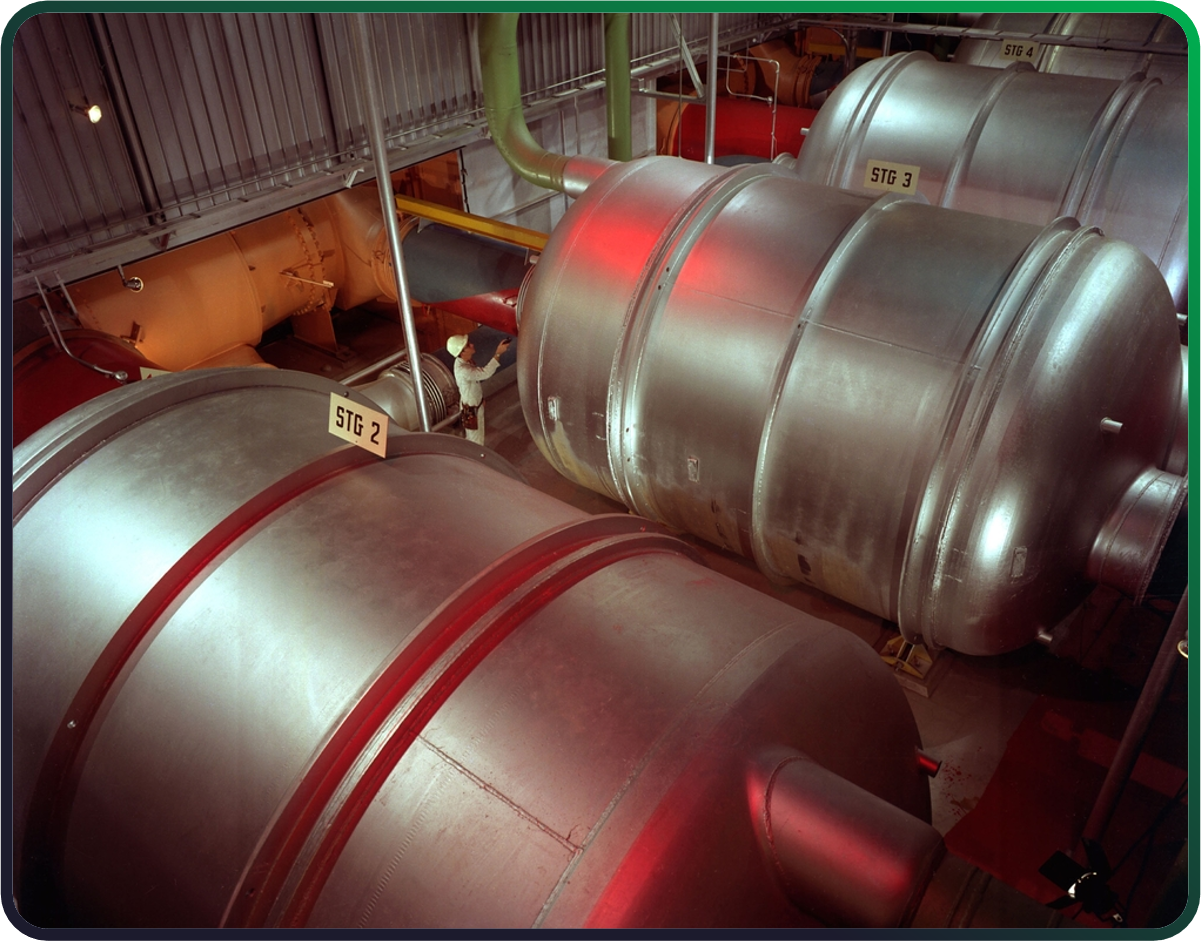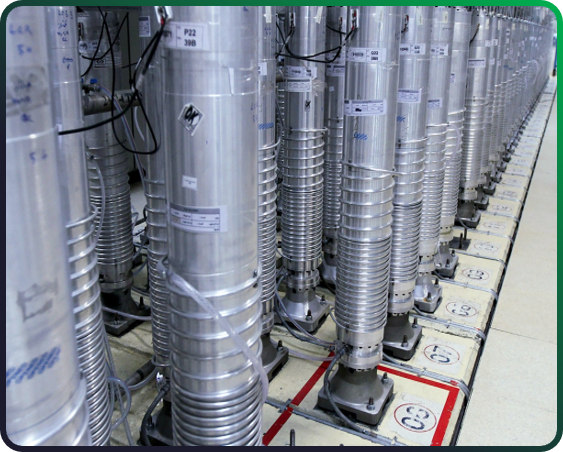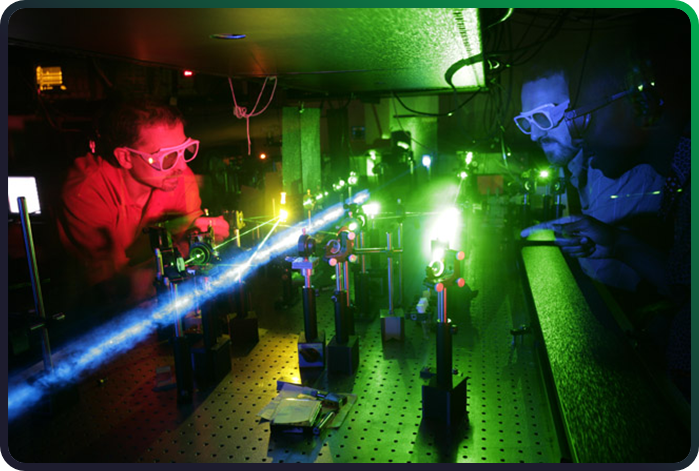Patented USA Origin Laser Technology Company
(Low-Enriched Uranium) Powering Current Fleet of Large Civil Nuclear Reactors and HALEU (High-Assay Low-Enriched Uranium)
Powering the next generation of Small Modular Reactors (SMRs)
and Microreactors

About LIST
LIS Technologies Inc. (LIST) is a USA based, proprietary developer of a patented advanced laser technology, making use of infrared lasers to selectively excite the molecules of desired isotopes to separate them from other isotopes. The Laser Isotope Separation Technology (L.I.S.T) has a huge range of applications, including being the only USA-origin (and patented) laser uranium enrichment company, and several major advantages over traditional methods such as gas diffusion, centrifuges, and prior art laser enrichment. The LIST proprietary laser-based process is more energy-efficient and has the potential to be deployed with highly competitive capital and operational costs. L.I.S.T is optimized for LEU (Low Enriched Uranium) for existing civilian nuclear power plants, High-Assay LEU (HALEU) for the next generation of Small Modular Reactors (SMR) and Microreactors, the production of stable isotopes for medical and scientific research, and applications in quantum computing manufacturing for semiconductor technologies. The Company employs a world class nuclear technical team working alongside leading nuclear entrepreneurs and industry professionals, possessing strong relationships with government and private nuclear industries.
In 2024, LIS Technologies Inc. was selected as one of six domestic companies to participate in the Low-Enriched Uranium (LEU) Enrichment Acquisition Program. This initiative allocates up to $3.4 billion overall, with contracts lasting for up to 10 years. Each awardee is slated to receive a minimum contract of $2 million.
Historical Enrichment Technologies
First Generation: Diffusion Plants, now obsolete (β =1.004)*
Second Generation: Centrifuge Plants are costly and mostly foreign owned (β =1.25)
Third Generation: Laser Enrichment Technologies → the “Holy Grail” of Enrichment (β > 3)
➢ Has been attempted by 20+ countries since 1971
➢ Proven viability in a lab setting, but scaling efforts to date have
been insufficient
➢ Superior efficiency and cost-effectiveness to current comparables
➢ Modern AVLIS and 16μm MLIS efforts have poor efficiencies
and high costs



Senior Leadership Team

Jeff Eerkens, Ph.D.
Co-Founder & CTO


